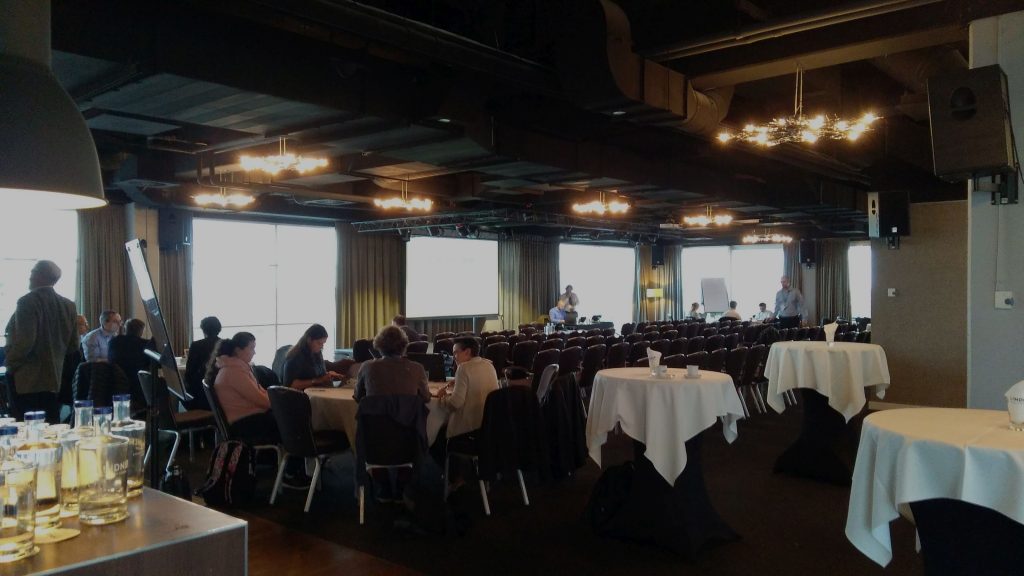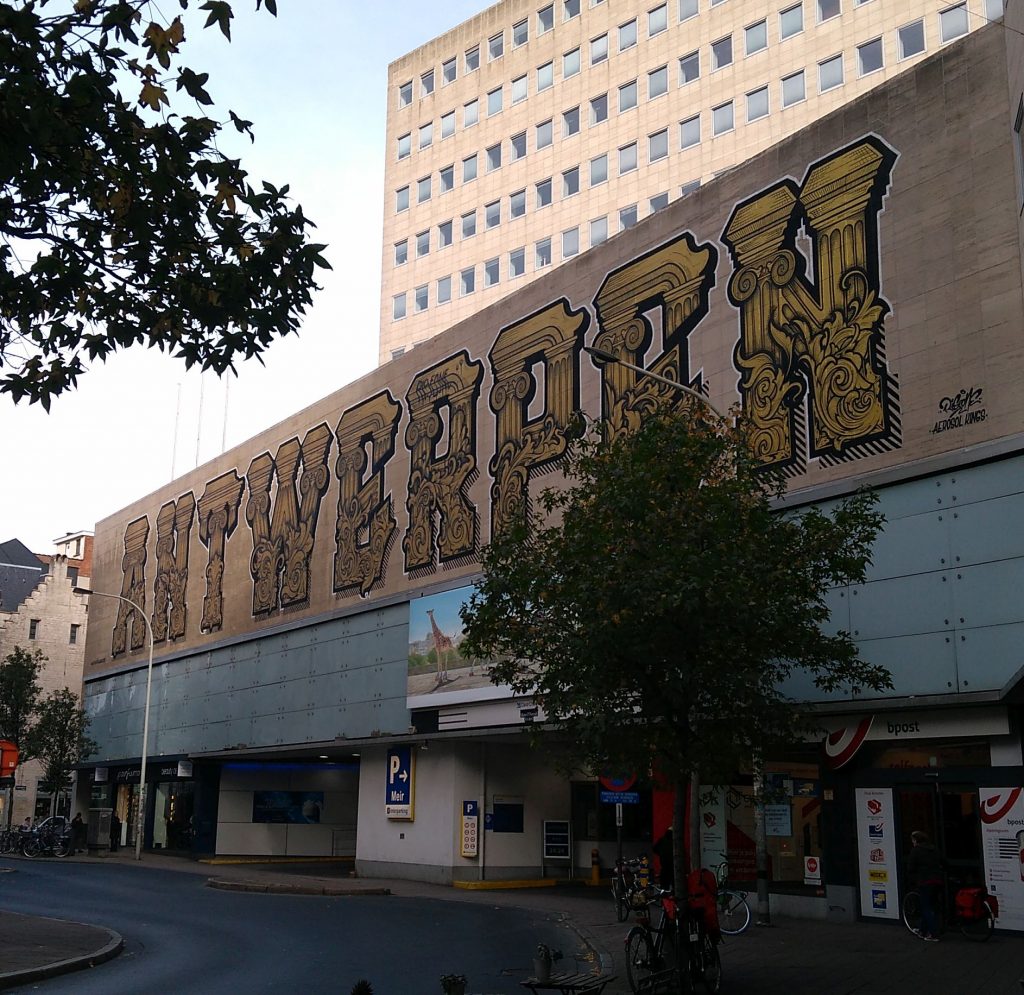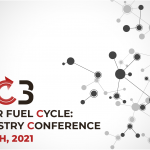Six months since the last full project meeting, a rather different format was used for the 3rd GENIORS meeting in Antwerp (Belgium) from 23-25 October 2018.
This “Stakeholders event & Topical Day” meeting was split into two parts:
- a training and education workshop for Ph.D students and post-doctoral researchers, organised as a think tank focussed on process safety
- a communication and exchange meeting with key stakeholders focussing on partitioning and transmutation
The think tank event provided a means to involve and develop the next generation of separation and recycle chemists and engineers, one of the key objectives of GENIORS. Under the guidance of Bruce Hanson, Professor of Nuclear Process Engineering at the University of Leeds, and Chris Rhodes, Design Authority at the National Nuclear Laboratory (NNL), on the first day, small discussion groups of students and academics were formed and used to identify hazards and technical issues throughout the EURO-GANEX separation process. The results of this analysis were collated and discussed on the second day with an aim to ranking issues and addressing what R&D may be required. This gave the next generation researchers the opportunity to not only reflect on their area of scientific specialty in a broader context, but also to provide feedback into future safety assessments of the EURO-GANEX process.
On the other hand, the stakeholder event provided everyone within GENIORS the opportunity to look at GEN IV strategies from across the globe, including perspective presentations from CEA/EDF/ORANO (France), IAEA (Austria), INL (USA), NIRO (UK) and SCK•CEN (Belgium).
Finally, the third session gave a broad range of presentations to stakeholders from project partners on the back-end of the fuel cycle activities related to partitioning and transmutation, including strategic considerations, conversion and fuel fabrication and the interaction between transmutation and partitioning.
Access here all the presentations of this event
Post written by Richard Wilbraham from the University of Lancaster & GENIORS partner.
Comments are closed.








